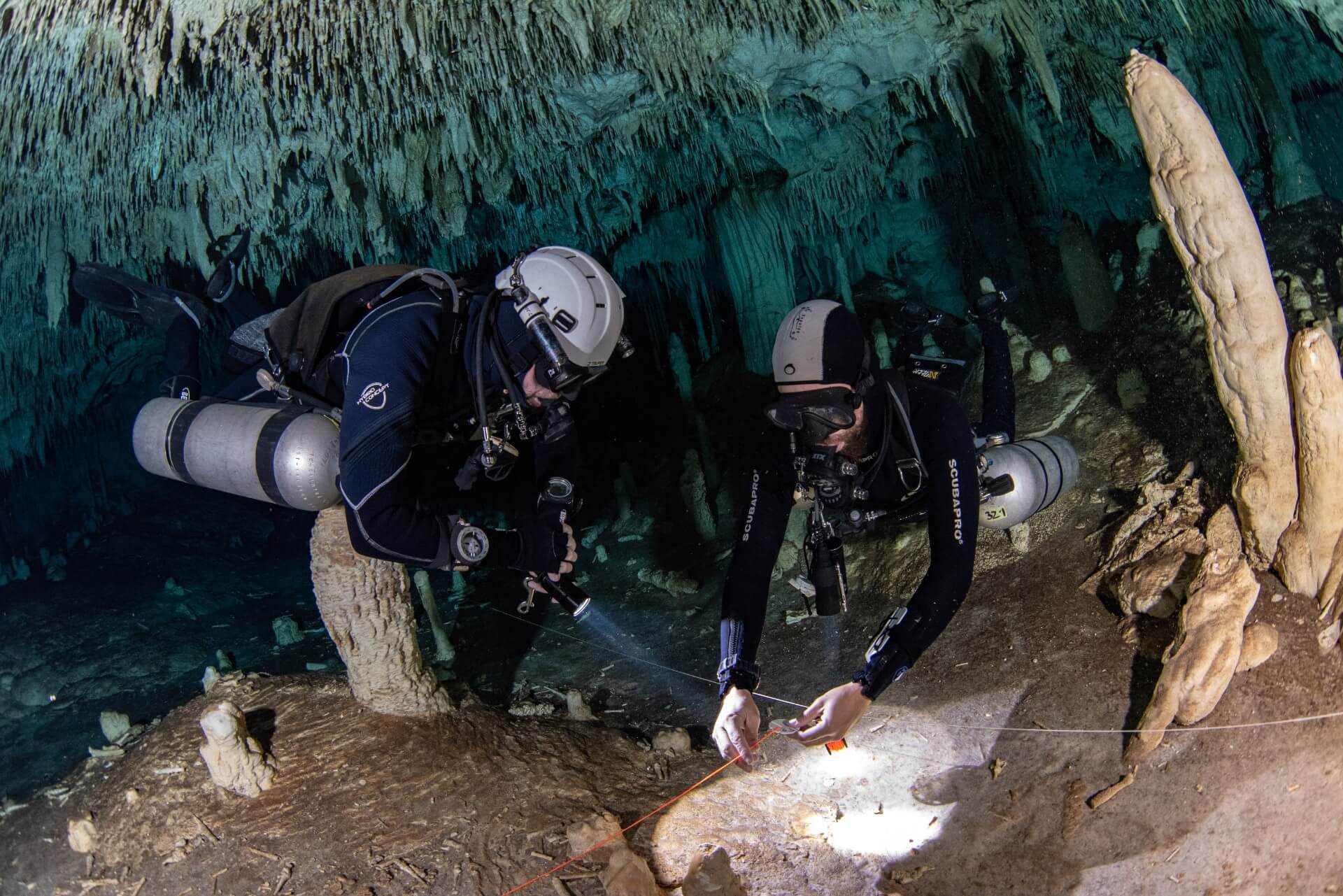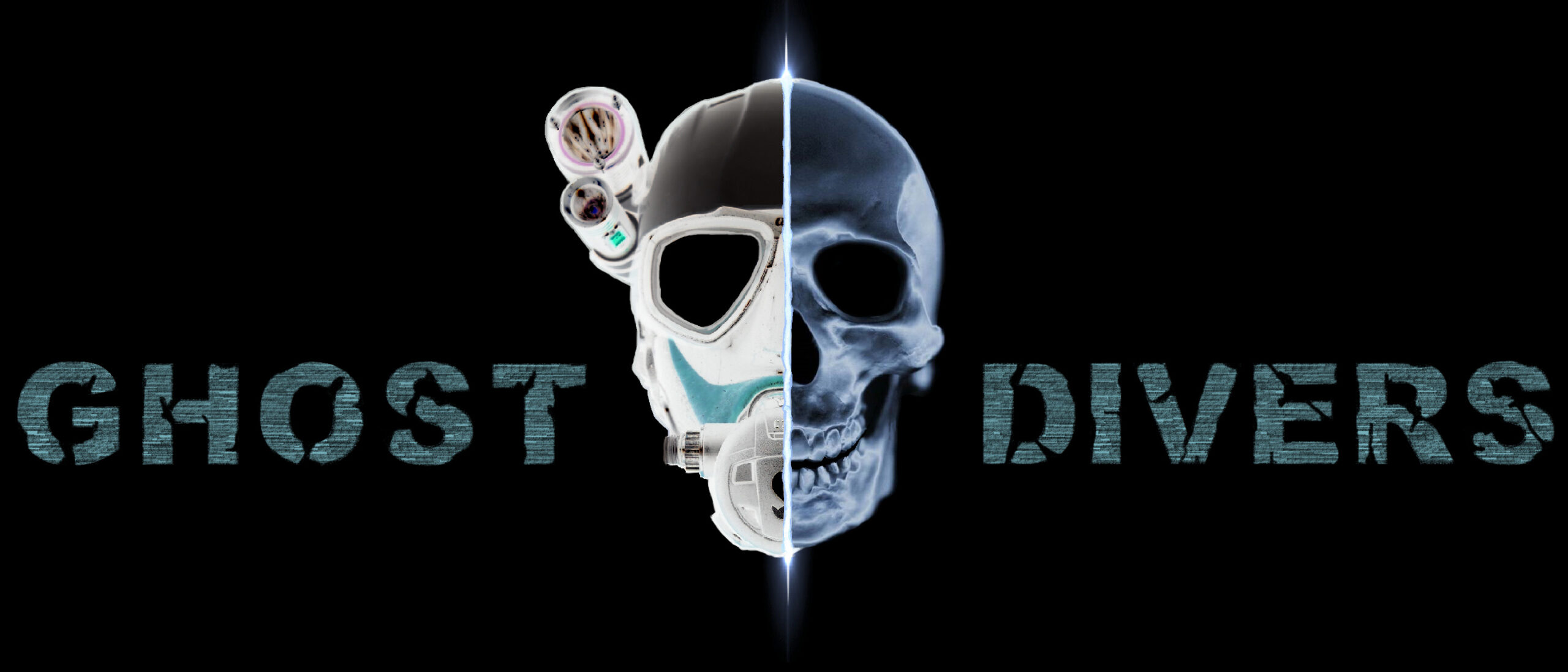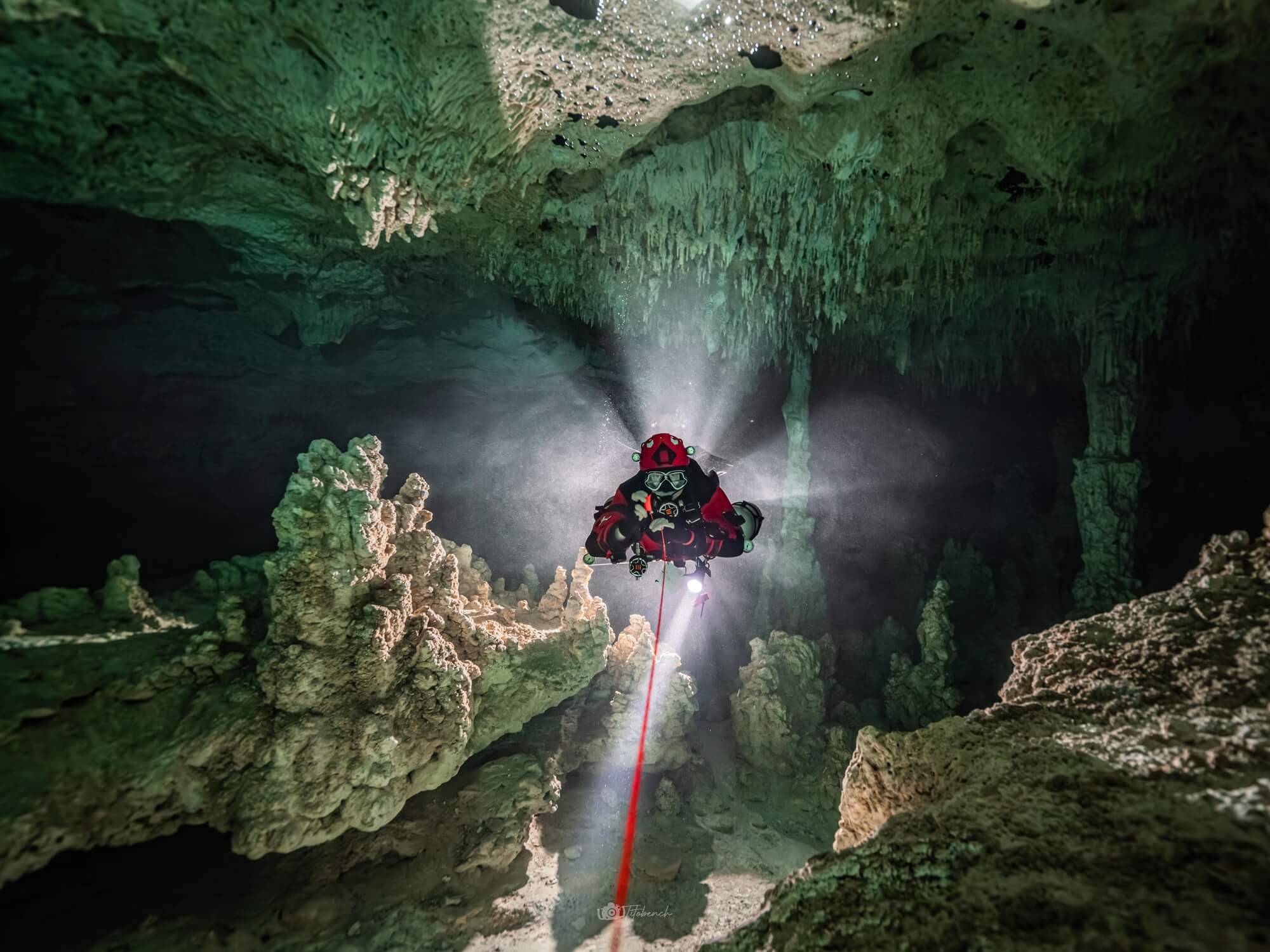WE FORGE DIVERS INTO DECISION MAKERS
Our goal is to become better divers and team leaders. This set of rules is based on efficiency, safety, and fairness.
The environment and the mission determine the equipment and the procedures!
There is no perfect equipment or perfect way to do anything. We must be aware of our priorities, and everything starts with “Where we go and what we want to do there”.
We follow standards that allow us to dive and manage emergencies with any diver, and in any situation!
There are safety standards for emergency management and equipment configuration that we must learn and respect. The standards are very general and open to minor adjustments for comfort and efficiency, relative to the different diving scenarios.
There must be a practical reason behind any choice in procedure execution and equipment personalization!
We never do something because “the instructor says so”, but because we have a good reason that makes sense in our diving context. The instructor is always ready to explain “why & how” and show different options, whenever it’s possible.
We aim to maintain a good balance between efficiency and effectiveness!
Effectiveness is “performance with no compromises”, efficiency is “saving and making compromises”. They are two sides of the same coin. We must learn what to sacrifice and what to push, especially regarding speed, gas consumption, time management, and safety.
We focus on reaching our objectives, not on reaching perfection!
We focus on being good enough to reach our diving objectives. Perfection is based on Ego, and it will never be good enough. That said, “Good enough” in tech diving means 8/10, not 6/10! The best way to be good enough, even as a beginner, is to compensate for our little experience with great organization and doing everything “slow & smooth”!
Everything we do sends a message about who we are as a diver, like a business card!
How we set up the equipment, perform the predive checks, and talk to our teammates will determine their expectations about our performance. To be fair to our team, we must know exactly what we do and transmit certainty about our ability to conduct the dive and solve problems. We must be an asset, not a liability!
Avoid codependency! Better to dive alone than in bad company!
When we dive as a team, it’s to guarantee mission success, have more safety equipment, or have more fun. If we needed a teammate to “feel protected and guided”, we would represent a liability, and we should get more training! The best team is made up of members who don’t need each other’s certainty because they carry their own!
Make a realistic plan that you can follow underwater!
A proper dive plan requires time and includes logistics, operations, and risk assessment. It must be simple and effective. There are always variables underwater, and a complex plan is more subject to changes during the dive than a simple one! Always have realistic expectations!
Follow a routine that helps you focus on your priorities and be ready!
Before performing any task, from cleaning your mask to sharing gas, be sure your buoyancy and team formation are appropriate. There are many parameters, but these two are the most important ones and must be constantly adjusted during the dive.
Stress is your best friend, not your enemy!
Understanding, expecting, and embracing stress is crucial for our survival. We are all normal people, and we stress when performing at high levels. The neuroendocrine chain reaction that leads to distress can also lead us to experience eustress. If we focus on the solution, rather than the problem, our body and mind will help us to achieve our goal and survive!

Divers maintain buoyancy and formation, displaying self-awareness and situational awareness, while performing a navigation task.

